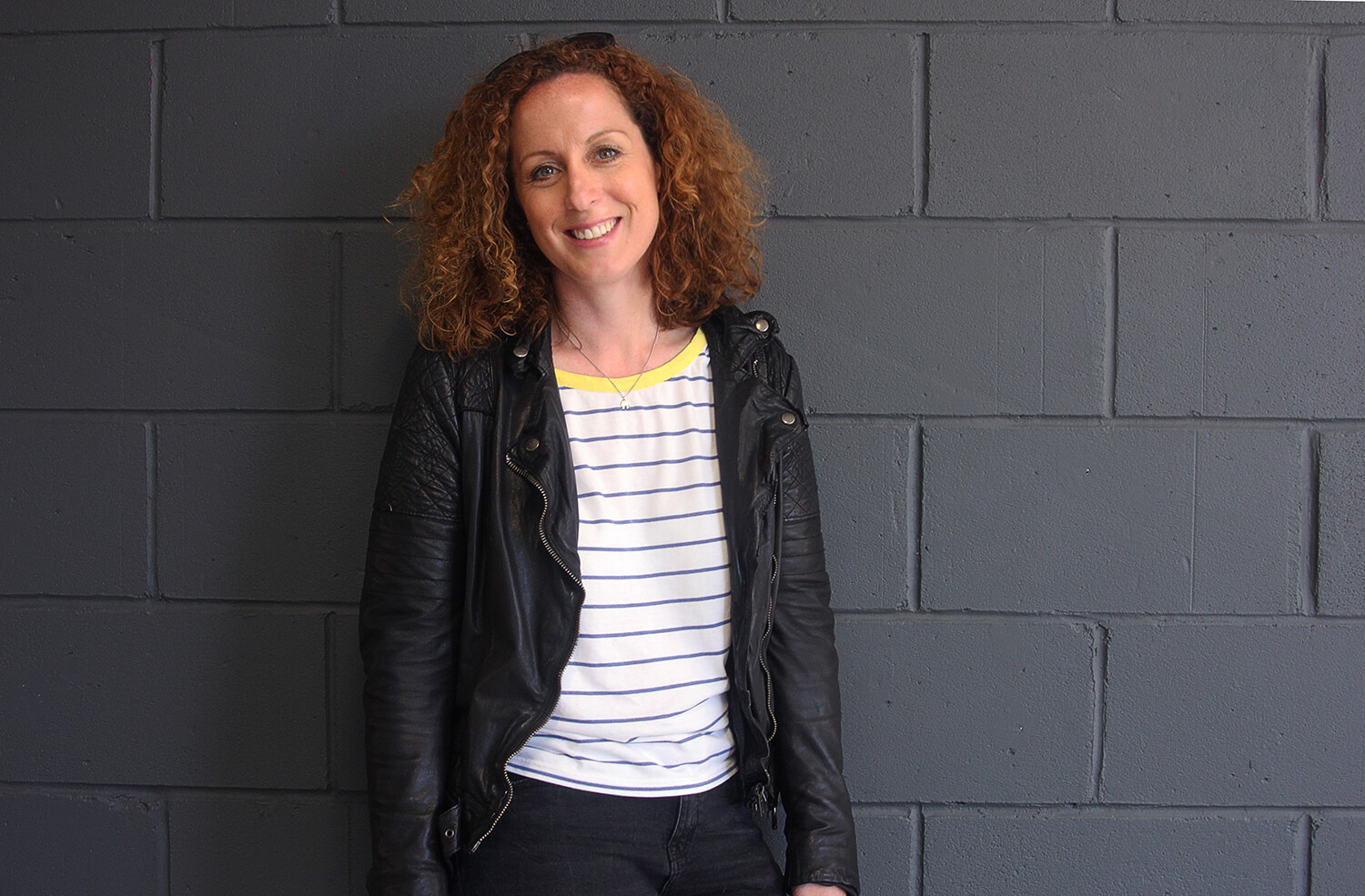Our CMO Jackie discusses the dilemma facing Marketing Directors in the connected world
At DVO we’re all about taking on the challenges of a digitally connected world. As a recent convert from Head of Marketing to marketing director in an agency I thought I’d share my perspective on challenges I faced first hand; more channels than I could shake a stick at, who’s taking charge and digital for conversation not just conversion.
Being a part of DVO, I’m lucky to have the unique perspective of someone who’s in an agency but was, until very recently, working client-side. Which basically means, I feel the pain you as Marketing Directors are going through. And how frustrating it can be, especially as people on the other side of the fence seem to think it’s all freebies, club launches and tickets to the tennis. When you and I know it’s much more late nights, spreadsheets, finance people breathing down your neck and doing the job of 3 people.
Don’t get me wrong, I vaguely remember the days of supplier lunches in fancy restaurants and limited accountability. But with the coincidence of a recession and huge advances in technology, those days are long gone.
We’re all so busy, it’s almost impossible to keep up with new developments and technologies. The rise of digital, in all its forms, has meant a huge sea change in the way businesses work and communicate with customers. So here I thought I’d list a few of the biggest challenges this has presented me.
How many channels???
Digital. A small word with big implications. In basic terms, which many people forget, it’s not a completely new area of marketing, it’s just more and different channels to add into your marketing mix. But with so many channels now available to us, it gets harder and harder to manage them all. We have to become masters of everything, which is pretty impossible, and most of us usually end up focusing our limited time and budget on tactical delivery across our channels, rather than core strategic development which would ultimately mean seamless activity across appropriate channels. Yes, we all know we should be rolling out a fully integrated marketing plan. Heck, most of us probably think we are (“yes, of course I’m including web updates and Facebook ads for our next event”), but just having lots of channels and putting stuff on them isn’t integration. It’s starts much further back, it starts with research, it starts with planning and it is all about the over-arching strategy. Channel shouldn’t feature until way, way later.
Who’s in charge of what these days?
With the restraints and pressures modern businesses are facing, Marketing often bears the brunt (and wrath?) of the Finance Director. Often seen as a cost to the business, us marketers seem to spend a lot of time and effort justifying our existence and endlessly reporting on every penny spent, and our influence and support function constantly curbed. This usually happens in companies with little understanding of what Marketing actually is and how it should benefit and support the entire business. With this lack of understanding, I’ve often been faced with ‘challenging’ company structures, which means the Marketing department is responsible for, but has no power or influence over, certain digital assets.
The most common one being eCommerce (Finance people cannot get their heads around the fact that eCommerce isn’t just about sales) and or the website and social media. This makes puffs of smoke appear out of my ears. But it happens time and time again and we need to find ways and means to deal with this. Again, it means starting at the top and ensuring the overall strategy takes these restrictions into account and that there is resource available that understands these relationships and can help implement and manage the strategy to ensure that it is delivered appropriately. Whether this is an internal or external resource, that ability to understand each channel and manage content and campaigns across them all is key.
Someone to take charge!
I’ve lost count of the amount of times I’ve approached a new (and often existing) creative agency with a project or activation and been faced with the question “So what do you want to do then?”. This drives me mad. Hang on a minute, I thought you were supposed to be the specialist here? I’ve told you my objectives, I’ve shared with you my strategy, I’ve probably given you a ball park budget figure and I’ve told you the schedule. Aren’t YOU supposed to tell Me what I should be doing? It’s been endless; so-called web developers who have no commercial or strategic experience, asking me how I want a site structured.
Creative agencies who, when it boils down to it, are basically graphic designers and want me to tell them how something should look. Social media agencies who have no wider understanding of other marketing channels and how to integrate your company activity to engage with your followers. I could go on. As I’ve mentioned before, it’s nigh-on impossible for marketers to be experts in every new channel or technology that becomes available. For once, I’d like an agency to take the lead and wow me with what THEY think I should do.
It’s about conversation, no just conversion.
The rise of digital got lots of people (mainly MDs and FDs) excited about accountability. I’m first to admit, tracking the performance of most of the traditional marketing channels has been tricky to say the least. A lot of it comes down to rather obscure and sometimes extremely tenuous metrics, which is often dismissed by big cheeses with a roll of the eyes and a slightly patronising pat on the head. But with digital, everything changed. Suddenly there was a whole host of trackable metrics to analyse, dissect and report on. And a lot of it was free! Double win!
So, not so slowly, digital marketing activity became all about conversion. We spent what to make how much? And if we spend this much more, we make what now??? Right, let’s focus on that. As sure enough, customers start to switch off. Digital channels are just that, more channels. We need to remember to not only speak to customers through these channels, but also to listen to them. It’s always been a two-way conversation. And we must never lose sight of that and get lost in the technology.
DVO has been built specifically to tackle these challenges. Challenges that have arisen as we have moved into a digitally connected world. For us it’s not just about understanding how consumers behave differently now. The new normal affects brands in equal measure and it’s important for us to take a keen interest in and have a deep understanding off the challenges that face a marketing department on a daily basis. You can contact us here we’d love to show you how we can help take back control and deliver success.







